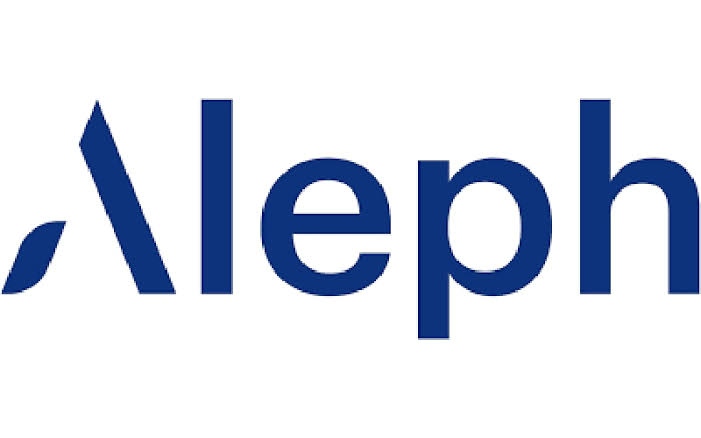Insights into Nigeria’s Peak Season Consumer Trends – Aleph Group Inc.
As the festive season draws near, Nigerian consumers are gearing up for the annual shopping spree. From holiday essentials to long-desired purchases, spending habits reveal fascinating insights into an increasingly tech-driven and convenience-focused consumer base.

According to Aleph Group, a leader in the digital and technology fields, Nigerian shoppers are embracing digital engagement and valuing convenience more than ever. Jesudetan Onasanya, Aleph’s Regional Lead for Sub-Saharan Africa, emphasised the importance of adapting to these changing trends. “Retailers must recognise that value, convenience, and digital engagement are no longer options but vital elements of a successful retail strategy,” he noted.

The Rise of Online Shopping
Digital platforms now dominate Nigerian shopping habits, with 85% of consumers engaging in online shopping in some form. A similar percentage rely on the internet for product research before making purchases. Traditional e-commerce sites remain a stronghold, with 70.5% of shoppers favouring these platforms.
The convenience of food, grocery, and delivery apps is also gaining traction, with 31.6% of respondents using them to make purchases. Audio streaming services, such as Spotify, have emerged as unique platforms for personalised advertising, where users spend an average of 2.8 hours daily.
Holiday Shopping Habits
During peak shopping seasons, 36% of Nigerian consumers actively participate in online sales, with 15% holding out for enticing offers. However, 32.2% admitted to being unaware of the shopping season, although they are likely to make impulse purchases if the deals are appealing.
The Influence of Social Media
Social media has become the most effective tool for reaching Nigerian consumers. Platforms like Snapchat and Pinterest are particularly influential, with 61% of consumers discovering new products through social networking apps. Social media adverts are seen as the most impactful, with 72.3% of respondents citing them as their preferred marketing medium.
Snapchat, with over 16 million active users in Nigeria, offers unparalleled access to a digitally savvy audience, while Pinterest appeals to Gen Z and affluent consumers seeking trend discovery and inspiration.
A Decline in In-Store Shopping
While in-store shopping still has its place, it is increasingly supplemented by online research. Only 2.4% of respondents do all their shopping online, but many incorporate digital tools into their decision-making process. For instance, 18.5% read product reviews and ratings online, while 13.9% compare prices before heading to physical stores.
Why Nigerians Prefer E-Commerce
Convenience remains the primary driver for online shopping, with 48.8% of consumers citing it as the key reason for choosing e-commerce. Customer reviews, competitive pricing, fast delivery, and fuss-free returns are additional benefits that enhance the overall shopping experience.
The Path Forward for Retailers
To stay competitive, brands must align their strategies with the platforms that resonate with their target audience. For instance, X (formerly Twitter) boasts seven million active Nigerian users, 84% of whom are aged 18-34, making it an ideal platform for targeting younger demographics.
The evolving shopping habits of Nigerian consumers during peak seasons highlight a decisive shift towards digital convenience and affordability. Retailers that fail to adapt risk losing out in an increasingly competitive market.



